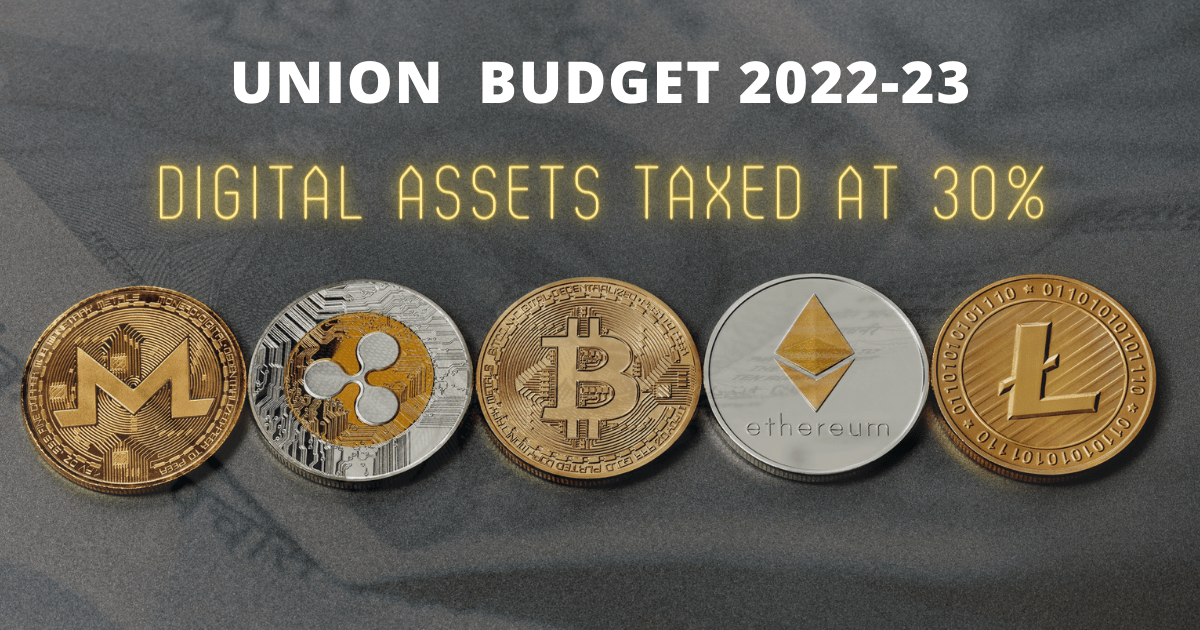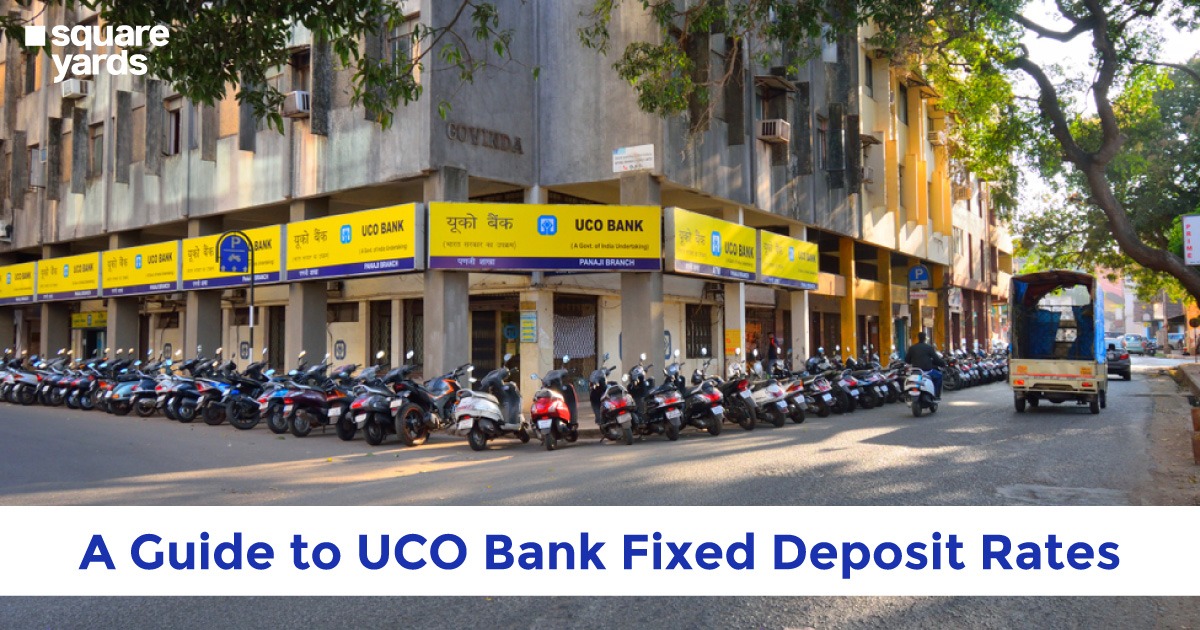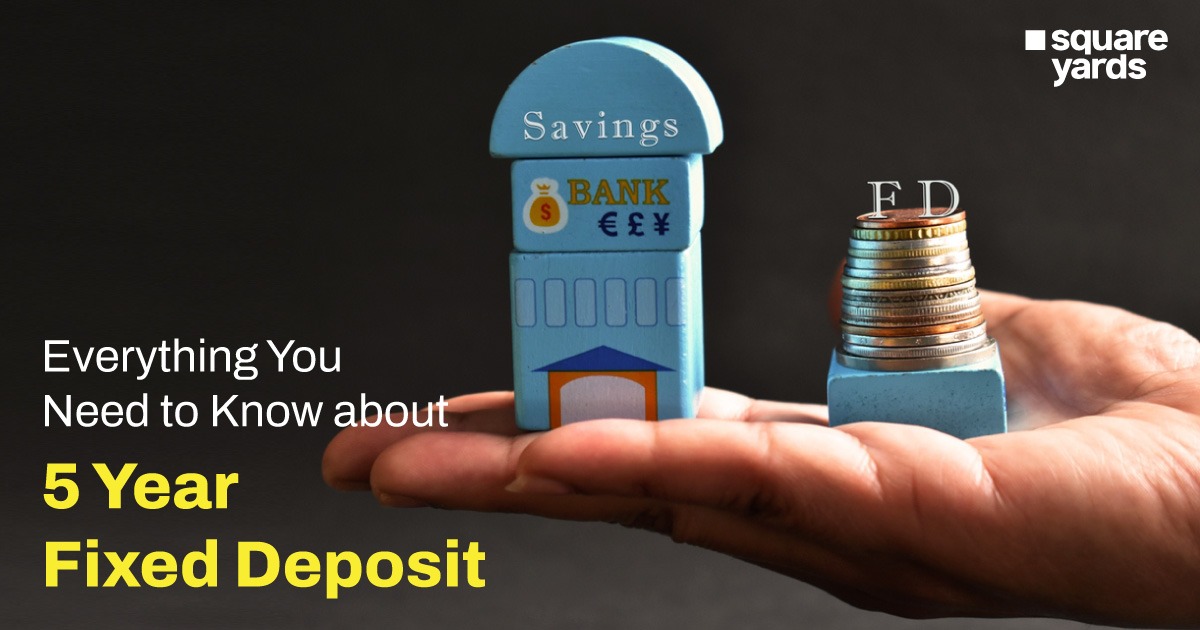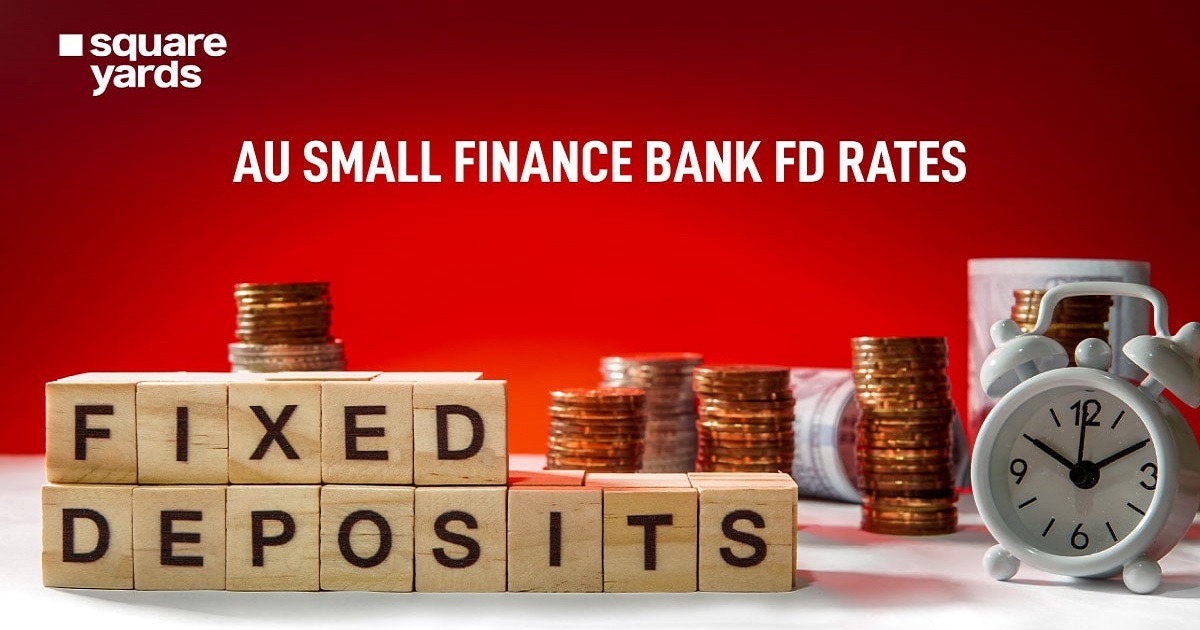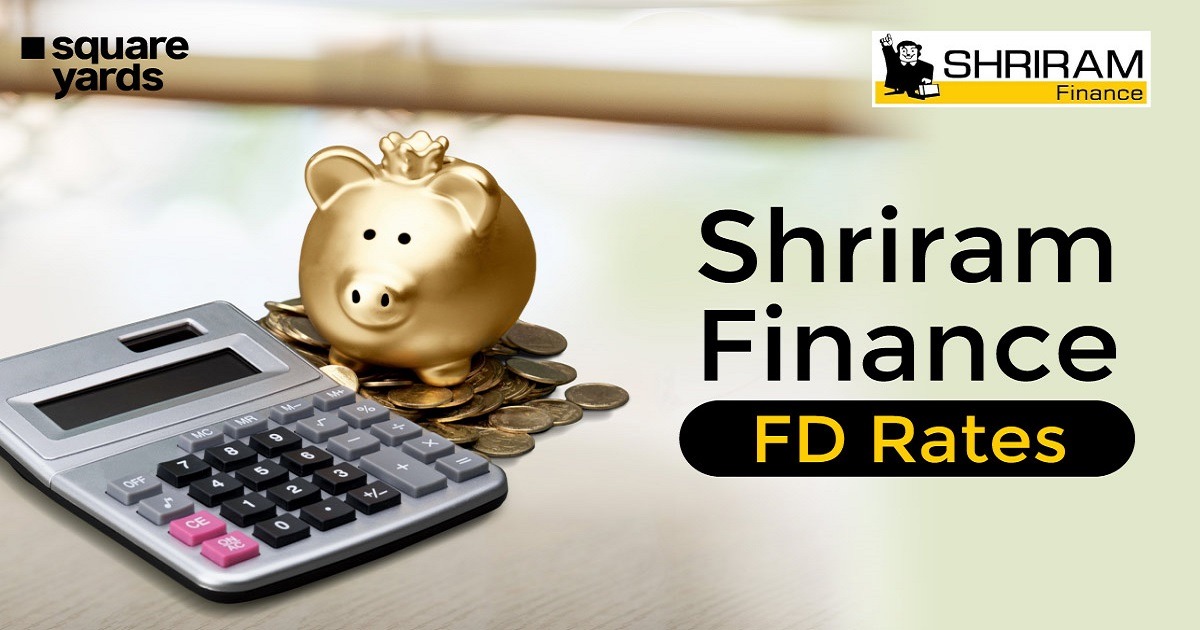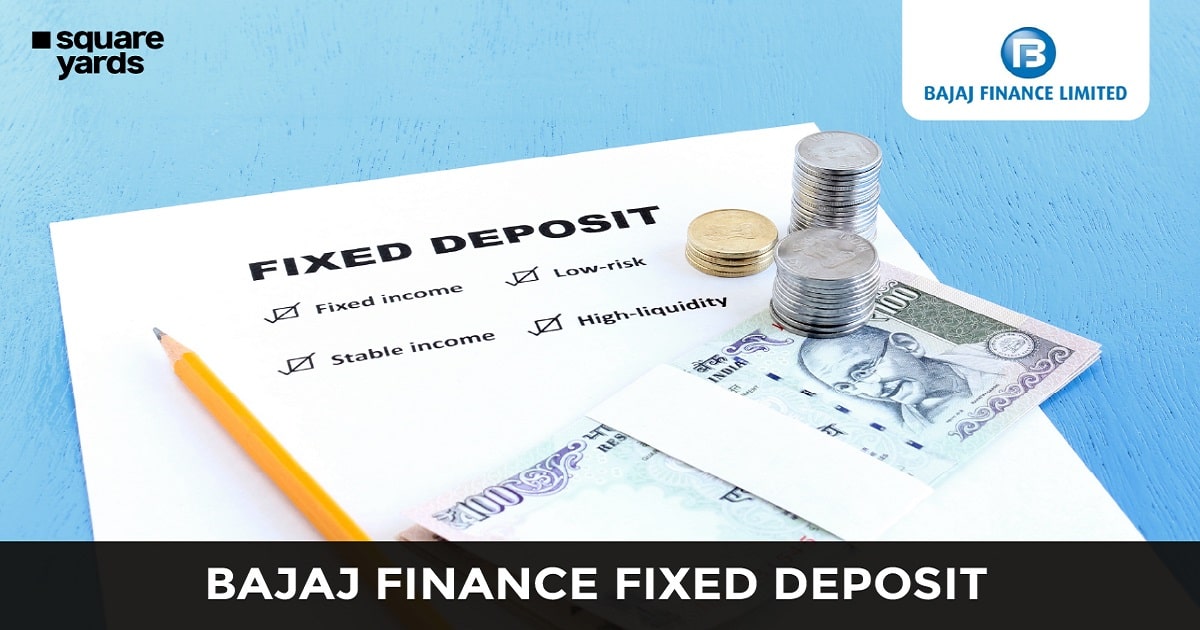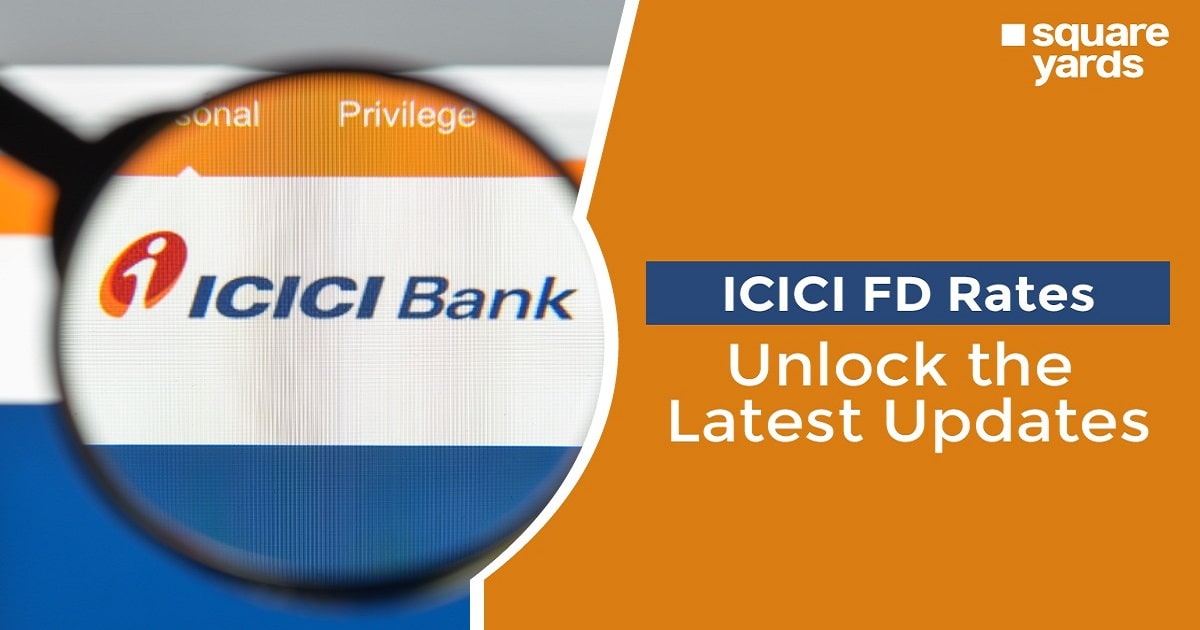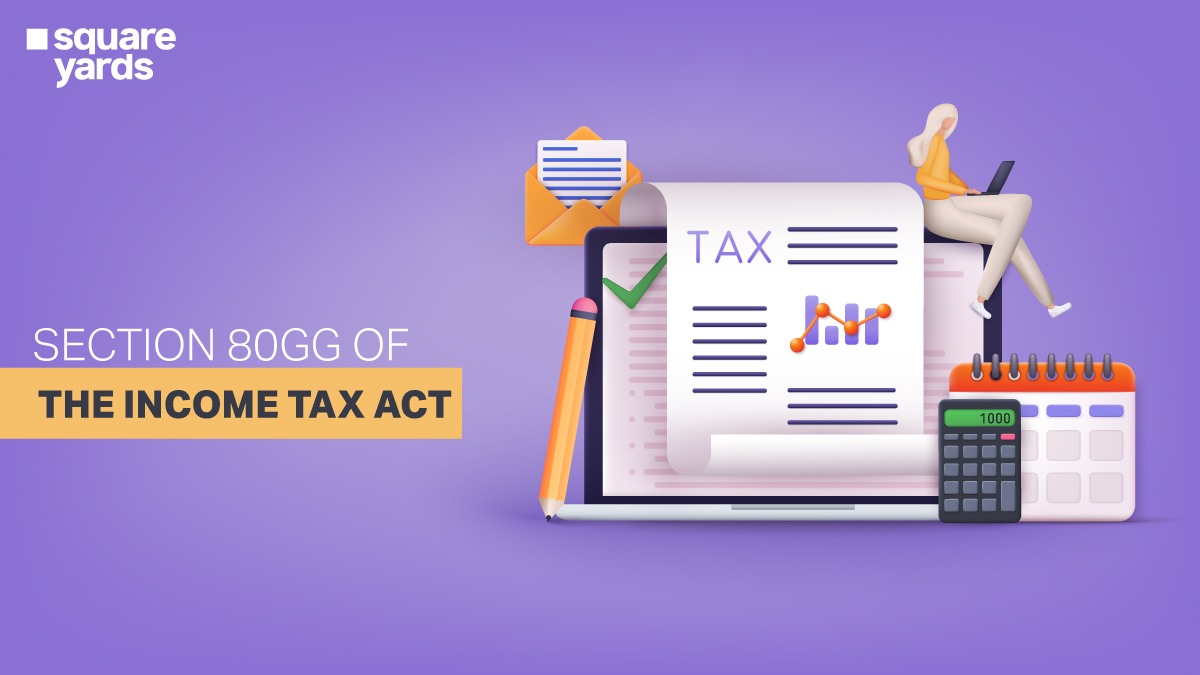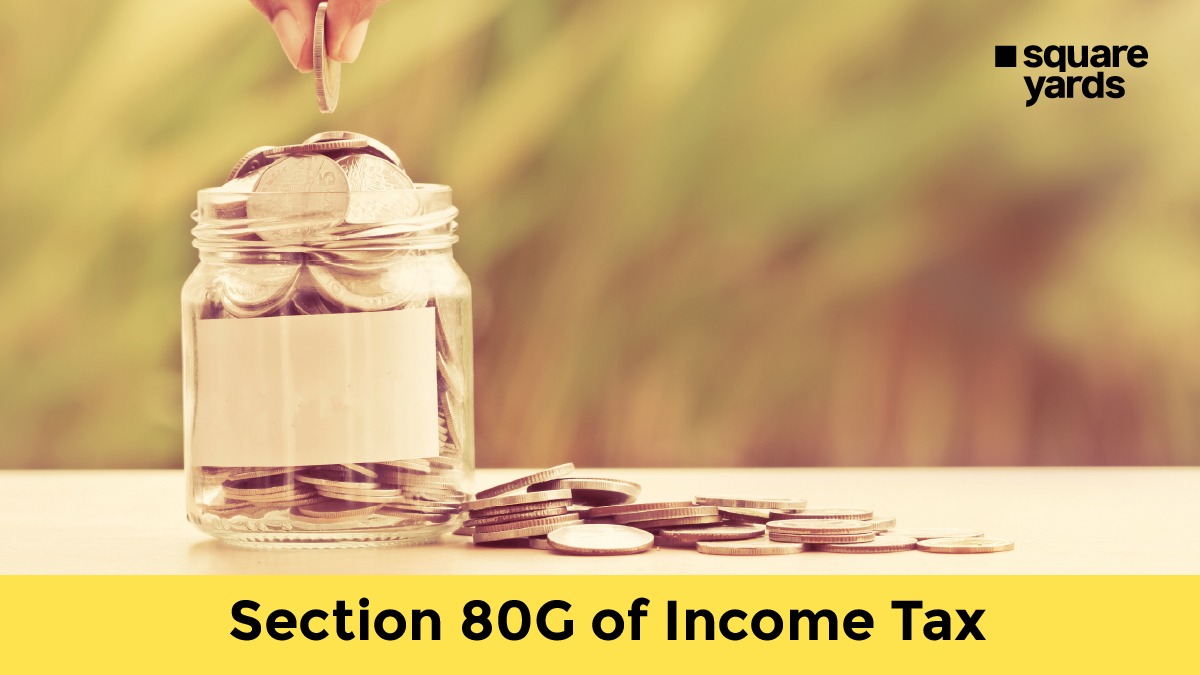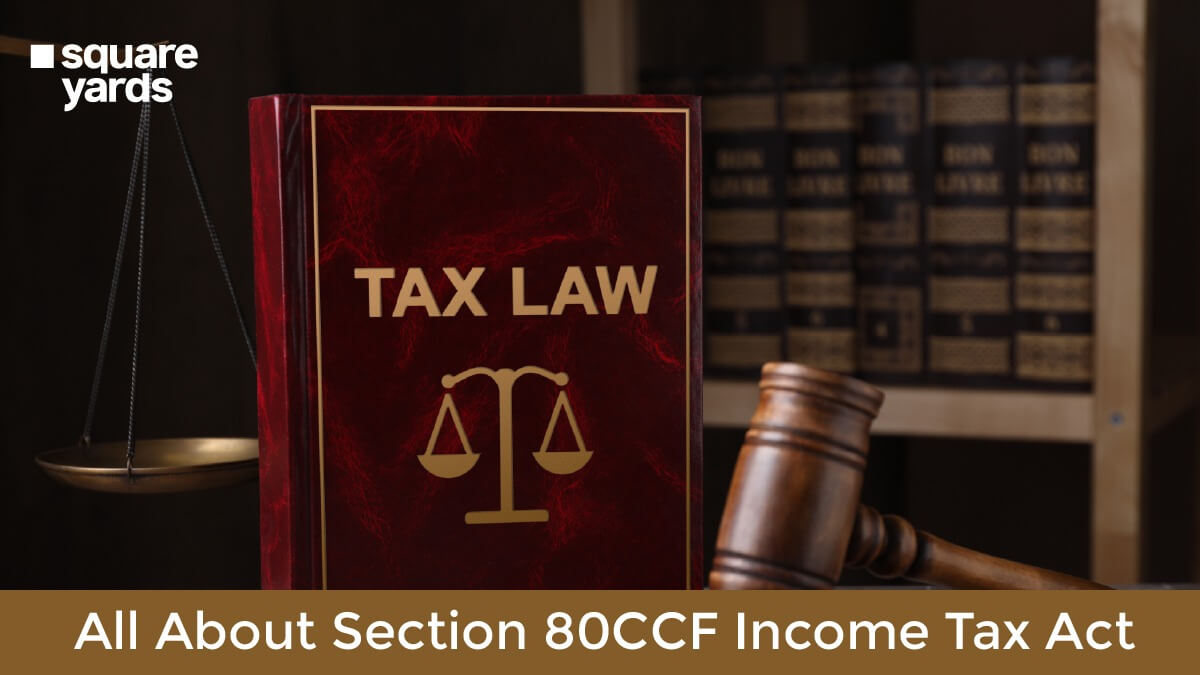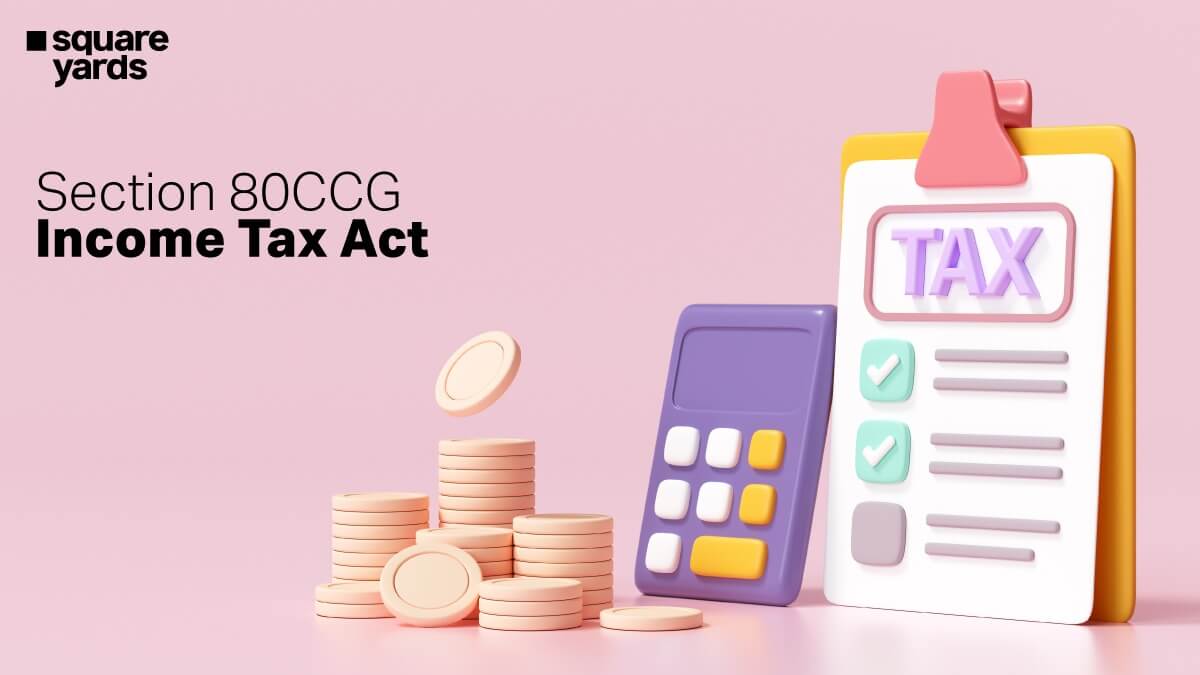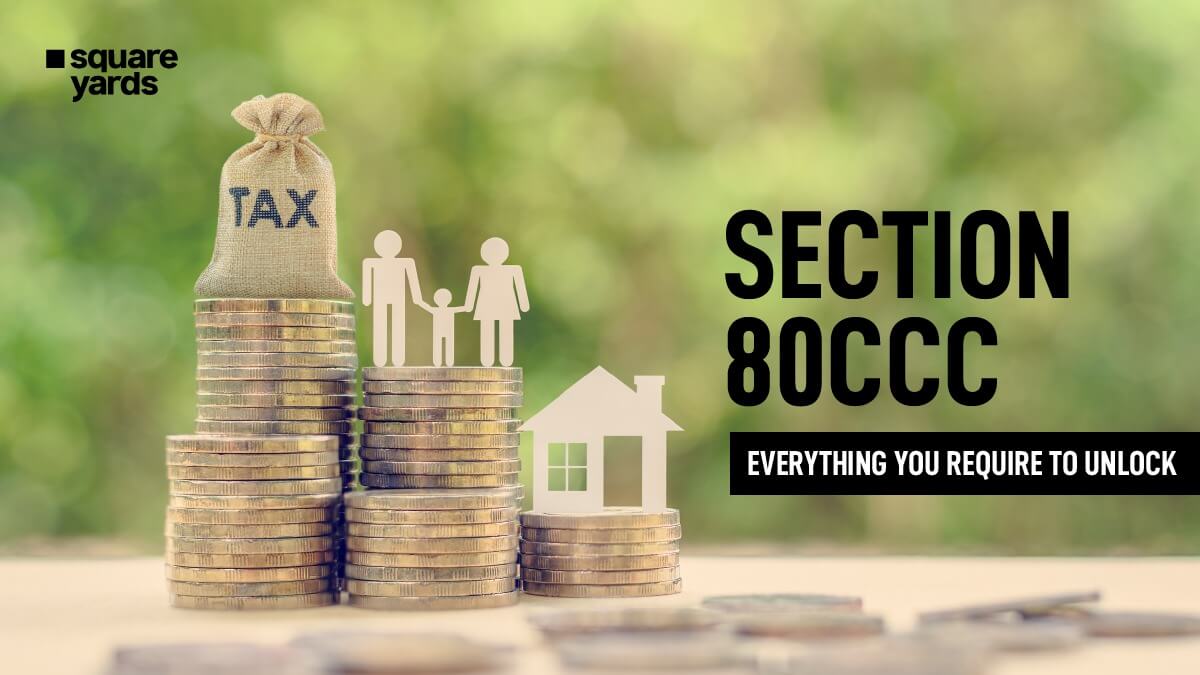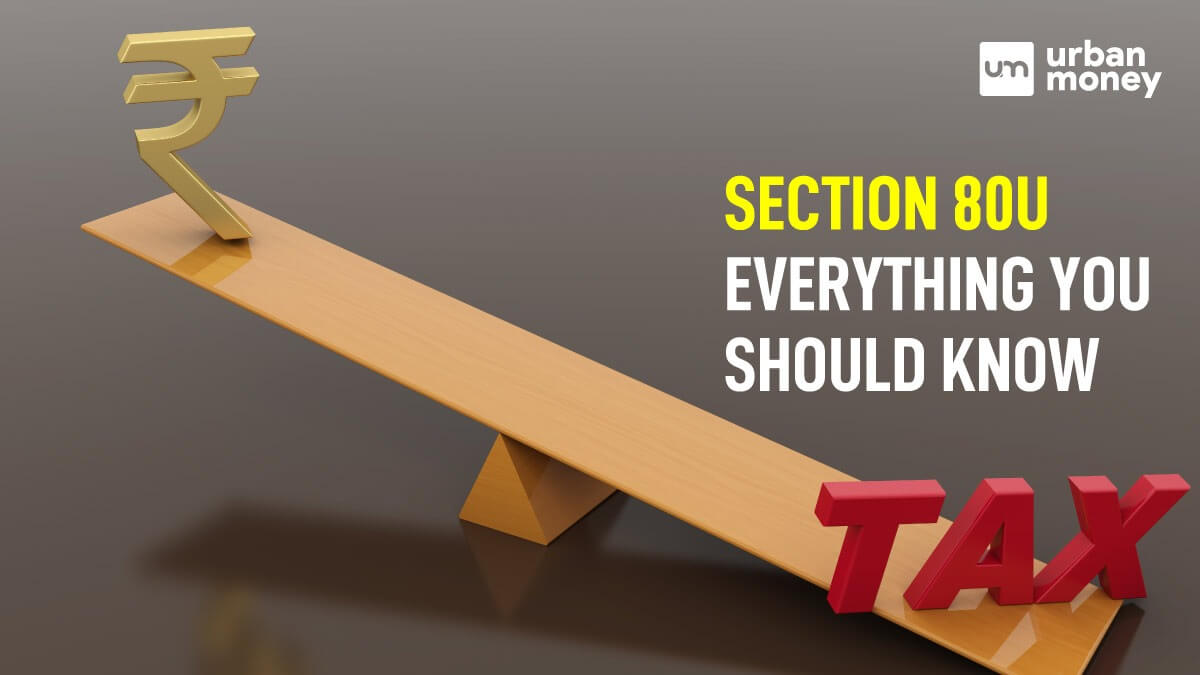Finance Minister Nirmala Sitharaman introduced the Union Budget 2022 worth Rs 39.45 lakh crores on the 1st of February with a massive inclination towards infrastructure spending. From the expansion of national highways to generating 400 new Vande Bharat trains, the budget has a lot to offer. However, one aspect which has raised the maximum eyebrows and intrigued the public’s imagination is the levying of tax on cryptocurrency or the Virtual Digital Asset, as the Finance Bill terms it.
She also announced that the RBI will launch a ‘Digital Rupee’ in 2022-2023 which will be based on blockchain technology.
I propose to provide that any income from transfer of any virtual digital asset shall be taxed at the rate of 30%. No deduction in respect of any expenditure or allowance shall be allowed while computing such income, except cost of acquisition: FM Nirmala Sitharaman#Budget2022 pic.twitter.com/DHQvZsRyeN
— ANI (@ANI) February 1, 2022
The provisions on cryptocurrencies have left the experts divided in their opinions of the same. The most popular belief is that the 30% tax on the income from trading cryptocurrency is similar to the tax rate on winnings from game shows, puzzles, lotteries, etc. Before we dive deep into the analysis and interpretation of it, let us first have a glance at the provisions:
- All categories of cryptocurrencies and Non-fungible Tokens (NFTs) are included in the bill. These include assets that hold value, for example, Bitcoin and the tokens which have a utility like Ethereum. It does not include any foreign or Indian currency. The Government can alter the VDA’s definition by excluding or including any digital asset in it.
- Any income which is received from the transfer/exchange of a VDA will be taxed at 30%.
- If a VDA is being given as a gift, the receiver is bound to pay a 30% tax.
- Apart from the cost of acquisition, no deduction will be allowed.
- A 1% TDS (Tax Deducted at Source) has to be deducted by the payer if payment of ₹50,000 or more is made to a resident of India for the transfer of a VDA.
Contrary to its face value, these provisions raised questions among the experts.
But First, What is a Virtual Asset?
As per the Indian Government’s definition in the explanatory memorandum, a Virtual Digital Asset (VDA) has been proposed to mean any code, information, token or number (which does not include foreign or Indian currency) which is generated cryptographically, in whatever name, provides a digital representation of the value which is exchanged with or without consideration, with a promise that it entails an inherent value or functions as a unit of account and includes its utilisation in any investment or exchange and can be traded, stored or transferred electronically. Non-fungible Tokens or NFTs are a part of this definition.
Does the 2022 Finance Bill Keep Crypto Similar to Mutual Funds and Shares?
No, cryptocurrency has to be considered as other investments which have no connection with your portfolio. The provision of the Union Budget 2022 says, “any income from transfer of a VDA” will be levied a 30% tax. There is no mention of the word ‘gains’ from VDA.
Land, mutual funds, shares, etc. are all considered as capital assets, the gains from which are taxed by categorising them into long term and short terms, which depends on the holding period. This concept does not apply to VDAs.
According to Vivek Gupta (a partner at KPMG India), the government wanted to steer clear of the capital gains tax framework. Hence, the concepts like calculating the capital gains after considering the deductions, forex fluctuation, expenses, indexation, etc. will not be applicable for VDAs.
Does the 30% Tax Mean that Crypto is Now Legalised in India?
A tax law cannot define whether the commodity is legal or not; a separate statute has to be established for that, says Ajay Rauti of Dhuva Advisors. To assume the above would mean that an IPL betting has been considered legal but that is not the case.
The players who have their stake in cryptocurrency are reading these tax provisions as legalisation of crypto, and that the government would not ban it now. But this reading has no basis in reality. As per him, the government can come up with a new rule that the cryptos only issued by the central banks and sovereigns will be considered valid and the private cryptos will no longer be accepted. “Even the definition of VDAs allows the government to make inclusions and exclusions”. The government can still bank any crypto they like, says Ajay Rauti.
What Will the 30% Tax be Levied On?
The 30% tax on cryptocurrency as defined by the Union Budget 2022 will be charged on your income from the crypto assets. This tax will be charged on transfer, sale, barter for services and exchange except for the acquisition cost.
Let’s assume that you purchased bitcoin for ₹2,00,000 and then later sold it for ₹2,30,000. The 30% tax will be levied on the ₹30,000. Now, this is the most simple way of looking at the breakdown of tax. The calculation will get complicated once you peep at the ingredients of the acquisition cost like the gas fees, brokerage charges, exchange fees, etc.
According to an expert’s point of view, it is not yet clear whether the charges will be included or not.
What is the 1% TDS and Its Impact?
As per the finance minister, a 1% TDS has been executed to keep the record of crypto transactions. This way, the government would not have to rely on the crypto exchanges to collect the information for every transaction and the entire volume.
Will the Tax be Paid on Gifts?
Yes, you will have to pay the tax on cryptocurrency if you have received it as a gift. The tax would have to be paid as soon as it comes into your ownership, even if you haven’t realised the money value of it.
Can You Avail the Benefit of Set-Off?
To put it simply,
- Inter-asset: No. This means for example, that a loss in bitcoin cannot be set off against a gain from shares or mutual funds or vice versa.
- Intra-asset: For example, can the loss against bitcoin be set off against a gain from an NFT? The Finance Bill does not define it clearly.
Crypto tax: All sales taxed at 30%. No deductions of brokerage etc. allowed. No set-off against any other losses allowed (Is this reading right: you can’t even set off losses in other crypto transactions) pic.twitter.com/MpwpvSPleA
— Deepak Shenoy (@deepakshenoy) February 1, 2022
Why is the clarity on set-off relevant, you ask? The handling of set-off is important to calculate the income on which the 30% tax will be levied. According to an expert, if a person has one bitcoin, sold at a loss, and one NFT, sold at a profit, then, the benefit of intra-asset set-off will be available to the investors. However, according to another, the intent is to combine all the profit at one level, levy the tax and the losses are neutralised. Since the provision uses the words “no expenditure, no allowance, no set-off except the cost of acquisition”.
Impact on the Investors
As per Sharat Chandra, the expected 30% tax on the cryptocurrency might thrust the investors to choose from traditional assets, but it would not deter the investors who like the thrill of high risk high investments.
According to others, the 30% tax will have zero to no impact on the small crypto investors because it is the same in comparison to the other regular taxes on the security holdings for the short term.
Experts are wary of the TDS that will be levied on every transaction as it will make the investment trickier for intra-day investors. According to Keyur Patel, since NFTs have now been thrown in the same bucket as cryptos it will lead to a roadblock for the investors. NFTs are still in their nascent stage in India and as it is non-taxable in other countries, the government would have to adjust the taxation for its growth.
How is Cryptocurrency Taxed around the World?
The mechanism for monitoring the cryptocurrency and the taxation structures in the different countries are as follows:
USA
The cryptocurrency is viewed as a capital asset and the taxes have to be paid on a short-term and long-term holding basis. The tax rate on Bitcoin varies from 0-37% if you sell it within a year and between 0-20% if it was held for more than a year.
Canada
Cryptocurrency in Canada is viewed as a capital asset or a commodity like a rental property and not a fiat currency. There are 2 methods of taxation, one on income tax and the other as capital gains. The tax rate varies from 15% to 33% in the case of income tax.
United Kingdom
There is no specific tax on cryptocurrency in the UK. Depending on the crypto transaction you will either pay an Income Tax or a Capital Gains Tax based on the income you earn. The tax rate varies from 10% to 20% which is applicable on any gain from crypto transactions.
Australia
Cryptocurrency is considered an asset or a property in Australia and attracts either a Capital Gains Tax or an Income Tax. So, if you have held your cryptocurrency for 1 year before disposing it you will have to pay 50% less tax on the crypto gains.
Netherlands
The Netherlands has opted for a different taxation system than other countries. It levies a wealth tax instead of a capital gains tax. A presumed interest is applicable on your assets at the start of the tax year which excludes your liabilities. If your total assets including crypto are worth 50,000 or more, your crypto assets will be taxed at 31%.
Countries like Germany, Portugal, Switzerland, Singapore, Malta, and Bermuda offer a relaxed taxation policy on cryptocurrency.
On a Final Note
The news of tax on cryptocurrency which will come into effect from 1st April 2022 has been received by different audiences with mixed reactions. The industry is relieved and content that the Government has finally recognised crypto as a legal asset and that it will just be regulated and not banned as of yet. The investors are, however, still sceptical about the worthiness of it as they would have to give away almost one-third of their income as tax.


